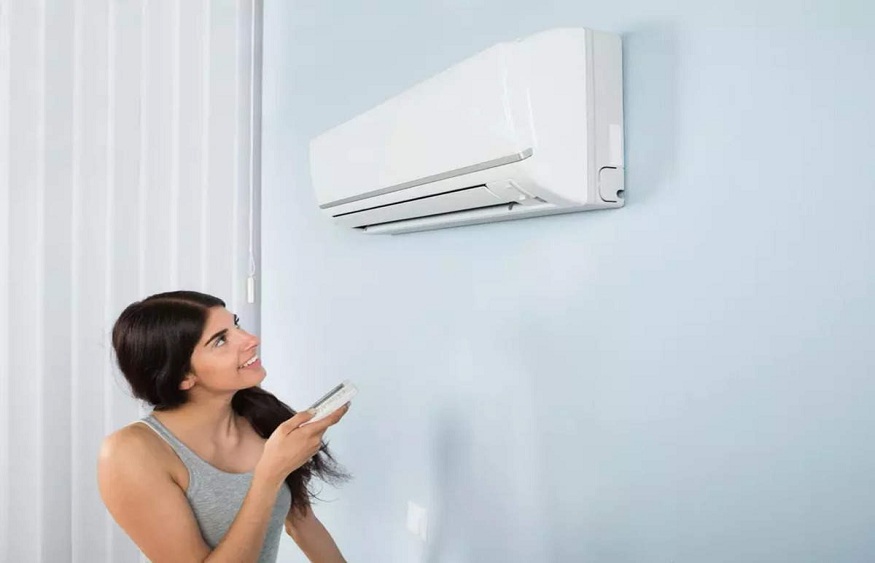Whether you are searching for a new air conditioner or “AC” for the first time, as an upgrade, or to add an extra unit to your house, a comprehensive study is essential. This may be the difference between a hassle-free purchasing and installation procedure.
Many manufacturers will often give you extremely thorough information and specs, as well as use case evaluations, to assist you in understanding the technical capabilities of the device you are interested in. Nevertheless, this knowledge is not always simple to grasp. As a result, you may spend significant time or money simply attempting to untangle yourself from the technical complications of acquiring an air conditioner. Below, we’ve detailed some of the most critical core technical factors to consider when purchasing an air conditioner.
Units for indoor and outdoor use
An air conditioner often comprises two units: an inside unit and an outside unit. They are commonly referred to as ‘split’ air conditioners. The indoor unit is normally on a wall, while the outdoor unit is either mounted on an external wall or positioned at ground level. The outside unit is in charge of absorbing or releasing heat from or into the ambient air, while the interior unit, depending on your settings, transmits the heat or cold into the space.
Variants with one indoor unit housing all the components are also available on the market; however, they are often less efficient, heavier, and louder than split air conditioners and require an air outlet directed to the outside, negating mobility features.
Functions and features
You might be surprised to learn that not all air conditioners are created equal. While basic functions, such as heating and cooling, are shared by all units and manufacturers, air conditioners can vary greatly in their features or functions. Therefore, picking the correct air conditioner will ultimately come down to finding one that gives you the functions that meet your needs.
For example, if advanced heating capabilities are more important to you, a unit like Daikin’s Perfera Floor standing unit would be a good choice. In contrast, units like the Stylish and Ururu Sarara that feature high-quality or even self-cleaning air filters and air purifying functions are the ones for you. You may learn more about air conditioner features and functions by visiting our guide to typical features and functions.
Environmental impact
There is no getting around the fact that some air conditioners consume a lot of power and that the fluorocarbons they utilise as refrigerants, if not disposed of properly, might harm the ozone layer and contribute to global warming. Yet, there would be no air conditioning, refrigeration, or freezing technologies without refrigerant. As a result, it is a necessary component of our modern way of life; nonetheless, with ease comes enormous responsibility.
As a result, manufacturers such as Daikin aircon take a proactive approach to their products’ environmental effects by developing and using low-GWP refrigerants such as R-32 and more energy-efficient technology. Compared to units that utilise R410A, R-32 is a next-generation single-component refrigerant that effectively conducts heat, has a reduced environmental impact, and can cut electricity usage by up to 10% and environmental impact by 75%.
Personal style
Air conditioners are no longer merely white devices mounted on the wall. Instead, air conditioners are now available in various shapes and colours, with some units even customisable to your chosen colour or pattern. Like many other manufacturers, Daikin has recognised the potential for air conditioners to be more than simply another useful item in your house, but an extension of your lifestyle and taste.
As a result, while selecting the correct choice, keep in mind that there will always be an alternative that matches your requirements in terms of functionality and appearance.

